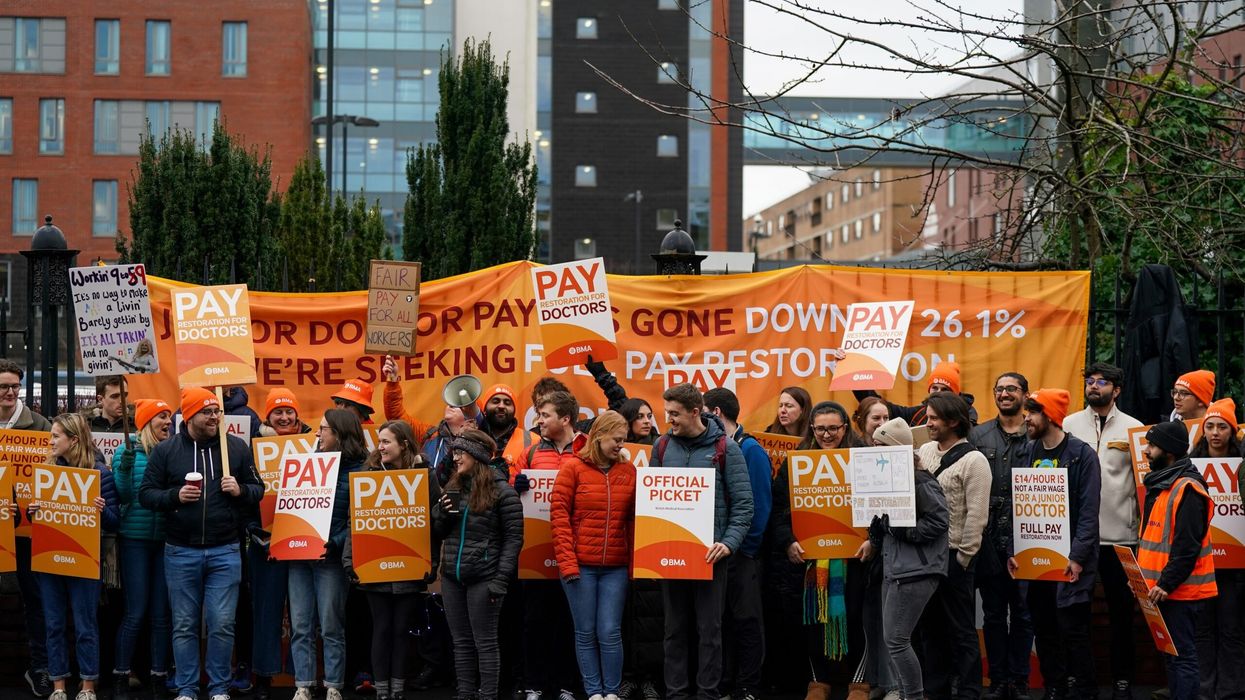JUNIOR doctors in England have agreed to a 22.3 per cent pay rise offered by the government, bringing an end to a series of strikes that impacted patient care across the National Health Service (NHS).
The agreement was reached after months of walkouts and protests by doctors over pay conditions, which had been affected by inflation and cost-of-living pressures.
The British Medical Association (BMA) announced on Monday that 66 per cent of junior doctors, who are below consultant level, voted in favour of the government’s proposal. The pay increase is set to be implemented over two years, marking a significant breakthrough in a long-running dispute over wage erosion since 2010.
"It should never have taken so long to get here," said the co-chairs of the BMA’s Junior Doctors' Committee, Robert Laurenson and Vivek Trivedi. They highlighted the deal as “the end of 15 years of pay erosion with the beginning of two years of modest above-inflation pay rises.” However, they added, “There is still a long way to go, with doctors remaining 20.8 per cent in real terms behind where we were in 2008.”
The strikes, which saw junior doctors take industrial action 11 times, were among several public and private sector walkouts triggered by rising inflation and a cost-of-living crisis in the UK. The strikes caused over 1.5 million appointments to be cancelled, delaying treatments for many patients. Some junior doctors, who often have several years of experience, complained that their pay was effectively less than that of coffee shop workers.
Health Secretary Wes Streeting welcomed the deal, acknowledging the strain caused by the strikes and blaming the previous Conservative government for the situation. "Things should never have been allowed to get this bad," he said. Streeting also agreed to rename junior doctors as “resident doctors” to better reflect their experience and expertise.
The Labour government, which came into power in July, moved quickly to address the strikes, proposing a substantial pay rise after several failed negotiations under the Conservative administration. The health department said that the prolonged dispute had "catastrophic impacts" on the economy and the nation’s health.
The pay changes are expected to be reflected in junior doctors’ November pay packets, with a doctor starting foundation training now set to earn £36,600, up from £32,400 prior to the deal.
As part of the agreement, the government has also committed to working with the BMA to streamline how junior doctors report additional hours worked, aiming to improve working conditions and ease administrative burdens.
With the deal in place, further strike action has been averted, particularly during the winter months when seasonal illnesses typically place extra pressure on the NHS.
(With inputs from agencies)




